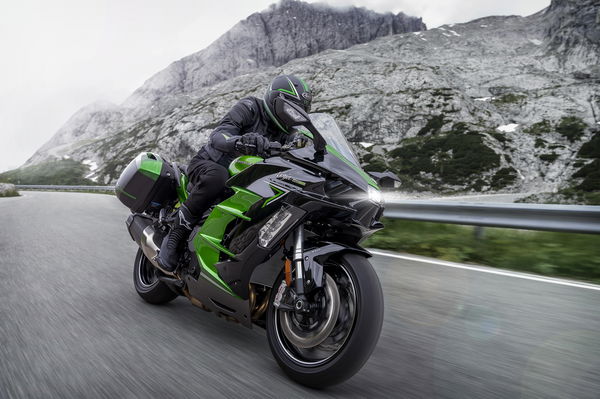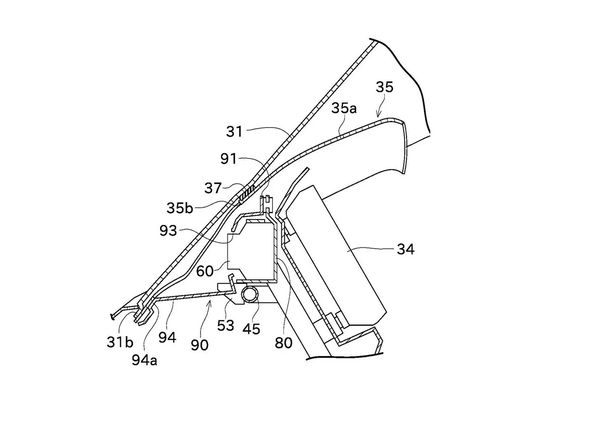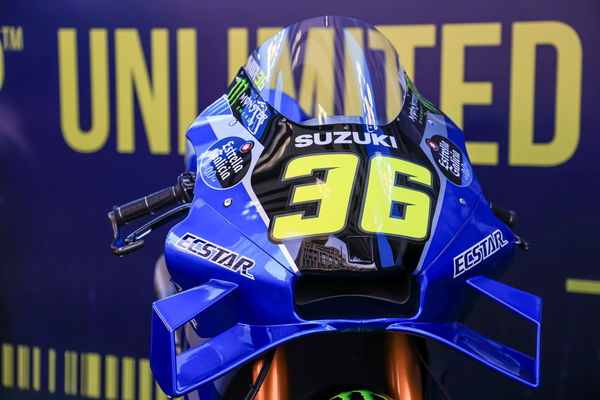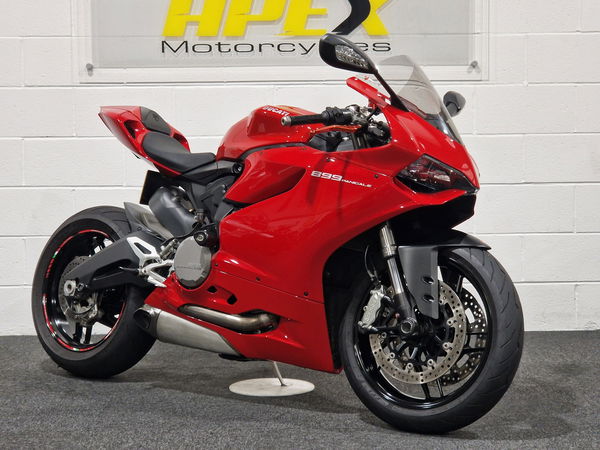Kawasaki H2 SX to gain camara assisted adaptive cruise control
Patents from Japan show the supercharged Kawasaki H2 SX is set to gain camera assistance for adaptive cruise control and more

RADAR-GUIDED or adaptive cruise control is the latest in the long line of battlegrounds that manufacturers are diving into. And Kawasaki is taking things up a level, with automotive-style bike-mounted cameras on the H2 SX SE.
Conventional radar systems are still in the infancy, having only first arrived on bikes like the BMW R 1250 RT, KTM 1290 Super Adventure, and Ducati Multistrada V4 S. At EICMA 2021 the arrival of another radar-equipped machine was announced, as the Kawasaki H2 SX SE was revealed complete with snazzy radar sensors sat within the nose of the bike.
But there was something missing from the bike on the stand. Something that eagle-eyed commentators spotted when comparing the bike on the podium to the spy shots of the test mule. The test bike had a small and almost invisible camera mounted in the headlight binnacle, although that feature was missing from the 2021 model.

Now, patents un-earthed by Cycle World have shed some light on what the camera is, and why it’s there.
Automotive radars are good at building up a digitised picture of the road ahead and the vehicles that are on it. They can calculate distance and closing speed, allowing them to detect when a vehicle in front begins to decelerate. What they can’t do though, is detect brake lights illuminating, or the headlights of an oncoming vehicle way off in the distance.
That’s where the camera comes into its own. With its ability to detect light, the camera could offer a split-second advantage when reacting to a vehicle ahead beginning to decelerate. A tiny advantage in a situation such as that could be the difference between stopping in a safe distance and rear-ending the vehicle in front.
Another practical application has been used in cars for years now, and it’s the auto-dip feature that is commonplace on hundreds of cars, from the lightest family run-about to the most premium sports cars. It might not be as life-saving as the feature mentioned above, but it’s a handy enough addition for the sake of a small lightweight camera.












